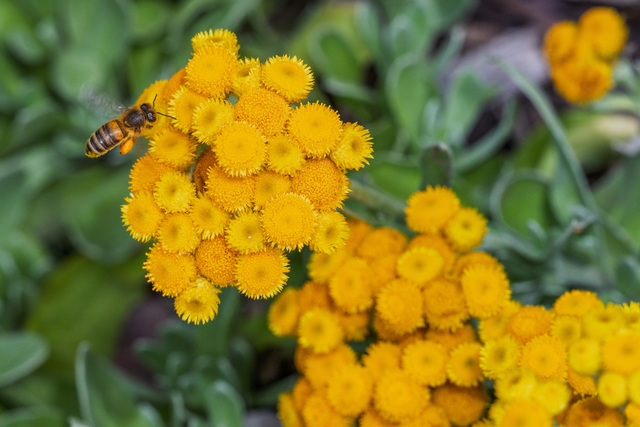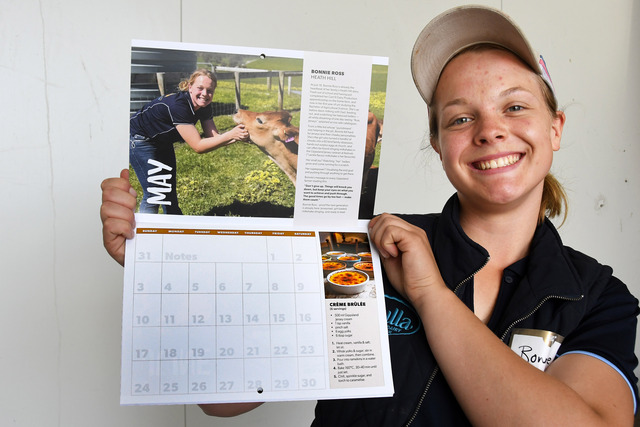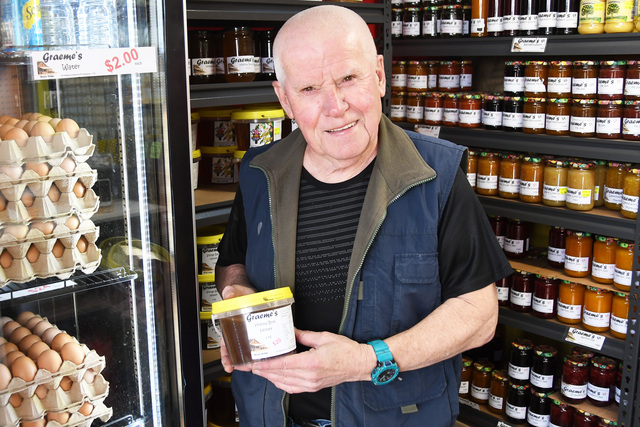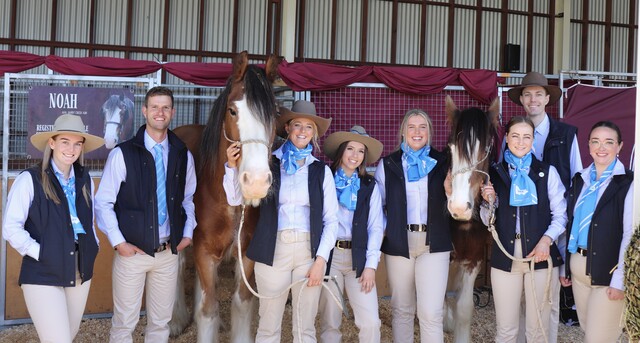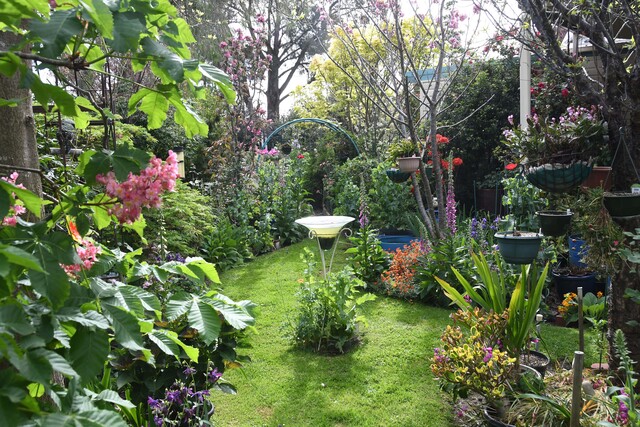A call for a family violence taskforce including victim-survivors by South Eastern Metropolitan MP Rachel Payne has been resisted by service providers.
Critical bodies such as Wellsprings for Women and the nation’s crisis response centre Safe Steps instead are urging for better funding for existing family violence prevention programs.
Ms Payne says the taskforce would be a specialised team with a direct line to state parliament. It would include victim survivors to add their voice about the support services they received from not-for-profits and government agencies.
“Members of the taskforce could speak to their south-east experiences, reporting on what is working, which services are lacking and how they can support police and government departments,” the Legalise Cannabis MP said.
“Victim survivors can offer police, support agencies, and Members of Parliament real-world solutions.”
Based on statistics, she said action was needed to tackle an “epidemic” in family and domestic violence in Casey, Dandenong and Frankston.
“Casey, as a Local Government Area, has the highest rate of family violence in Victoria, and Frankston and Dandenong are also in the top 10.
“Last year, police conducted a five-month family violence blitz in the south-east which saw 2,700 people arrested.”
Chief executive officer of Wellsprings for Women, Dalal Smiley strongly opposed the taskforce idea, calling it a “waste of time”.
She said the exisiting Southern Melbourne Family Violence Regional Integration Committee already identified what is needed, where the gaps are, what is working and what is not.
“Setting up yet another overarching body to tell us what we already know to reduce and eliminate gender based violence is just a waste of time and money when our sector is facing critical shortage of funding for front line services and prevention programs.”
Ms Smiley said funding to Wellsprings’ family violence prevention program and specialist case management work was due to lapse at the end of June.
“We work with women from migrant and refugee backgrounds facing multiple forms of family and domestic violence and abuse and require a culturally responsive, safe and tailored response.
“Their needs are complex and require engagement and support over an extended period of time to ensure they remain safe, heal and recover.
“What we need is ongoing funding to continue both the Prevention and Response efforts.”
However, Ms Payne says the “bottom-up” taskforce would only “guide government” for a limited time instead of telling the committee what to do, with a goal to bring down the increasing domestic violence rates in the south east.
“This taskforce could make a compelling case to secure long-term funding for local organisations, and the members with lived experience would identify which services are most in need of increased funding – a vital tool in shifting government and policy.”
“On the taskforce I want victim survivors, who can speak about the support they received from local not-for-profits and government agencies.”
The national crisis response centre Safe Steps chief executive officer Dr Chelsea Tobins says the state’s Royal Commission into Family Violence’s 227 recommendations from February 2015 have already achieved what the taskforce is trying to set out to do.
“I’m not sure of the government’s appetite for a taskforce.
I feel like it might have done that, and now 10 years later do we need to have a more contemporary look, ensure we’re evidence informed on what’s working and what’s not working? Absolutely.
“Should we place fundings into supporting men and boys as opposed to not taking away a dollar from women who’s fleeing?
“I find those conversations very unhelpful because it shouldn’t be a ‘or’ and it should be an ‘and plus’.
“It should be a multi-dimensional strategy that appropriately funds all aspects of what a very wicked problem it is.”
Although she says the recommendations “hasn’t significantly been able to shift the needle on the number of police call outs to family violence” it has increased reporting family violence and awareness in the society.
Safe Steps is Victoria’s only 24/7 family violence response centre providing family and domestic violence information and support, safety planning and risk assessment, access to crisis accommodation.
Calls received by Safe Steps’ crisis line increased by 38 per cent in December compared to 2023.
Dr Tobin says that is a huge increase as the centre already make and take 130,000 calls every year from Victorians seeking support – this can be up to 400 calls a day.
Two of the 17 Family Violence Regional Integration Committees are in the South east metropolitan region which advise the government on local community needs and work collaboratively to strengthen responses to family violence.
The committee includes family violence services, children and family services, Victoria Police, justice and legal services, housing, community and health services.
A number of the Committees include community members with lived experience of family violence.
A Victorian Government spokesperson says they “must do more” on family violence.
“That’s why we’re delivering new reforms – changing laws, changing culture and delivering new support for victim survivors to target family violence at every stage.
“Our nation-leading Orange Door Network helps people right across Greater Dandenong and the south-east with access to coordinated help and support for families and children.”
Last year, Safe Steps provided 33,000 nights of crisis accommodation for people who were not safe to go home.
As reported previously by Star Journal, there were 2651 reported family violence incidents in Greater Dandenong in 2023-24 according to Crime Statistics Agency data.
In more than 800 (almost 31 per cent) of the incidents there was a child present either as a victim or witness.
The highest rating form of abuse was verbal and emotional followed by physical abuse in Greater Dandenong Council.
If you or someone else you know needs help, call 1800RESPECT



